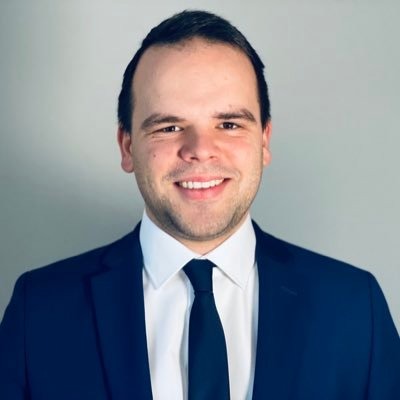The dialogue between the Catholic Church and other ecclesial communities is not always easy. For 15 years, Cardinal Kurt Koch has tried to walk the thin line between openness and clarity. The prefect of the Dicastery for Promoting Christian Unity has served the Church as “ecumenical minister” since 2010. In an interview with EWTN Vaticano reporter Rudolf Gehrig, the cardinal looks back on his life and offers intimate insights into his personal struggle with God.
Who was the first person to tell you about God.
My familiy. Especially, on feast days, on Christmas, on Easter. During those days the dimension of the divine was very present.
Did you grow up Catholic? Did your parents tell you about God?
My parents were Catholic, although they weren't always particularly devout. It was a great challenge for me to learn the faith in this situation. I learned a lot from my brother, who is seven years older than I. He was very involved in the Church.
When you were a child, how did you imagine God back then? What did He look like for you?
I did not imagine Him to be an old man with a beard, but it was always clear to me that He is a loving person and He wants to be in a relationship with us and He loves us. He only wants the best for us. He is one who embodies the good and wills the good. As a kid I found there were similarities between St. Nicholas and God.
Did this image of God change when you became a priest, when you became a bishop, then a cardinal?
Of course, my relationship with God changed, because it then becomes very clear that God makes himself so small that he can meet us. That is a magnificent miracle. And that, of course, deepens our image of God once again. He is then not simply the one who sits enthroned beyond the world and just watches us, but who is truly a loving, compassionate God who cares for people.
Have you ever doubted your vocation? Or God?
To me, my calling was always clear: this is the goal, this is what I want to become. I actually had just a few doubts about God himself. At most, I doubted that God might possibly have doubts about me and my situation. I also keep asking myself the question: How can you believe in God when there is so much misery and suffering in the world? But I have become more and more convinced that you can only endure this suffering in the world if you believe in God. Because He himself did not stay away from suffering, but in His Son, He took suffering upon himself and showed how you can endure it through faith.
You have now worked under Pope Francis for almost twelve years. What is Pope Francis like as a boss?
He gives you a great deal of freedom. He immediately approves of all the projects you initiate. I have never had a project where he said: No, we won't do that. Rather, when you present it to him, there is usually one word: “Avanti – forward!”
At the very end, I would also like to come back to your motto, your bishop's coat of arms: “That in all things Christ himself might be preeminent.”
In today's Church, we have tendencies where everyone thinks they can reshape the Church as they wish. And we must again be accountable for the fact that it is not our Church, but His Church, and that we are at His service. The Church Fathers had a beautiful image for this: Christ is the sun, the Church is the moon. And the moon cannot come up with the idea of wanting to be the sun itself. It has no other light than the light from the sun, namely from Christ.
Adapted by Jacob Stein
SIGN UP FOR OUR NEWSLETTER HERE

Rudolf Gehrig has been working for EWTN since 2013, among other things as a reporter, TV presenter, and producer. From 2019 to 2022 he was chief correspondent for German-speaking Europe at CNA Deutsch before moving to the Italian capital as a Rome correspondent and has since reported for EWTN Vatican and CNA Deutsch directly from the heart of the universal Church.







